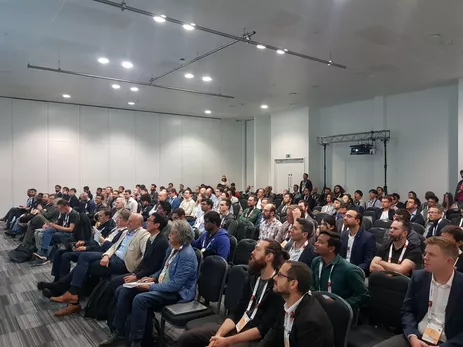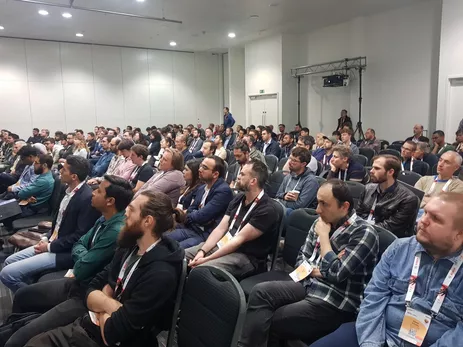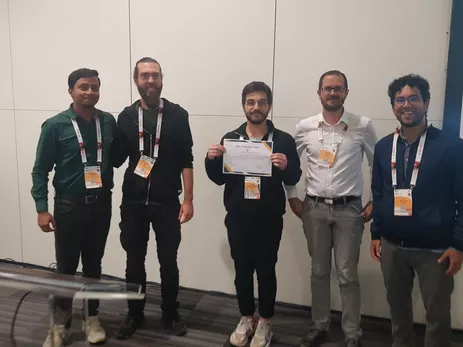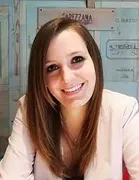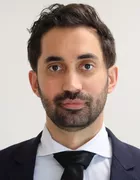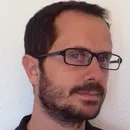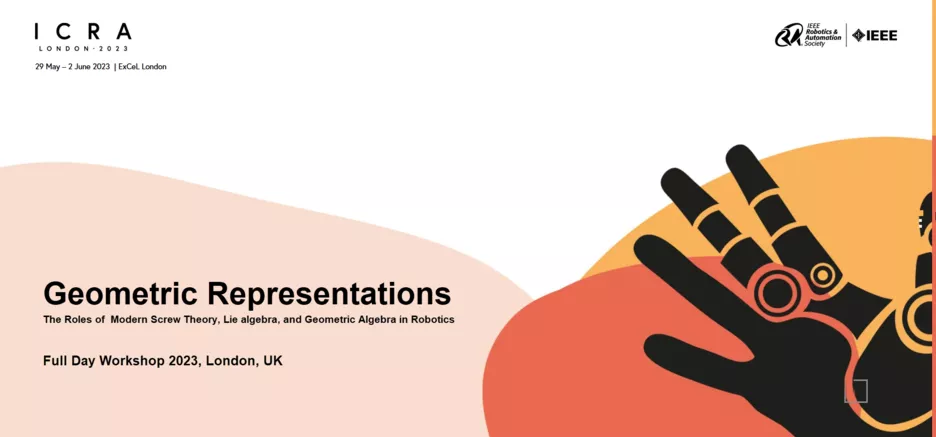
Geometric Representations
The Roles of Modern Screw Theory, Lie algebra, and Geometric Algebra in Robotics
Save the date: June 02, 2023
ExCeL London, UK @ IEEE International Conference on Robotics and Automation (ICRA)
Workshop Sponsored by
IEEE RAS Technical Committee on Computer and Robot Vision
Overview
The scope and goal of the proposed workshop is to focus on geometric algebra, differential geometry, and related methods and applications of geometric tools to robotics. Although the theoretical origins of these tools can be traced back to Descartes’s introduction of coordinated systems, Ball’s designs of screws motion, and Clifford’s and Study’s studies (pun intended), contemporary applications have changed drastically. Indeed, screw theory along with its multifarious manifestations such as Plücker coordinates and unit dual quaternions, coupled with Riemannian geometry and Lie algebra, have re-emerged and become fundamental in the shaping and formalization of the latest problems in robot mechanics, multi-body dynamics, mechanical design, robot control, optimization and robot learning.
The overall theme of the workshop is aligned with multiple fields of robotics research and aims to build a roadmap towards a sound and unified theoretical basis for addressing elaborated robotics problems, scaling and leveraging data-driven methods from Euclidean domains to proper geometric groups, and improving overall human-robot co-existence through geometric methods and tools. Furthermore, recent studies which will be presented by selected keynote speakers have shown that the exploitation of geometric properties within Lie groups and Riemannian manifolds has led to better exploration of the human-environment. The results to be presented in this event as well as the theoretical machinery plays an important role in making robots that can operate around humans (ICRA 2023 theme).
In this context, the main objective of this full-day workshop is to stimulate and revisit the latest developments and applications concerning algebraic and differential geometry concepts, and to understand how models, algorithms and data-driven methods initially developed for Euclidean spaces can be further extended to special geometric groups. We also expect this workshop to be instrumental in inspiring the junior researchers in the community to understand and include these fundamental geometrical concepts, paving the foundation for new applications, and reinforcing the cross-pollination and exchange of ideas between stakeholders, researchers and practitioners within our increasingly thriving community.
Summary of the Workshop
After a full intensive week of talks and presentations @ IEEE International Conference on Robotics and Automation (ICRA), It was great to see hundreds of people attending our workshop on Geometric Representations: The Roles of Screw Theory, Lie Algebra & Geometric Algebra. At its highest peak, we had about 110-120 participants in the room! This shows the relevance of the topic, the necessity for follow-ups, and the excellence of the invited speakers. We are really grateful for their talks and participation.
Overall, it was great to see the community interested and engaged with such an exciting topic.
We have accepted 13 high quality papers and congratulate the winners of the Vodafone Best Paper Award:
"Learning Diffusion Models in SE(3) for 6DoF Grasp Pose Generation Authors"
Julen Urain, Niklas Funk, Jan Peters, and Georgia Chalvatzaki.
Invited Speakers
Given our list of selected speakers, we believe that our workshop is uniquely positioned to bring together researchers from different applied fields of robotics research with geometers and researchers of core robotics' methods.
Frank Chongwoo Park (Seoul National University)
Title: Geometric Robot Learning: From Models to Representations
Differential geometry, particularly methods from Lie groups and Riemannian geometry, have contributed significantly to advances in robot kinodynamic modeling, planning, and control, and there is now great interest in determining what if any role geometric methods can play in leveraging machine learning techniques to problems in robotics. Obviously a robot model is only as good as the accuracy of its estimated parameters; the challenges in identifying accurate parameters -- especially for complex high-dimensional robot systems -- has led to the use of more generic statistical models in place of traditional physics-based models, in tandem with data-driven methods for learning lower-dimensional robot representations. Such methods can in practice be quite restrictive. We show that even for complex high-dof robots, accurate robot models can be identified by taking advantage of a robot's underlying geometric properties, e.g., link masses are positive and inertia tensors are positive-definite, and that that many representation learning problems in robotics can be naturally formulated as seeking a minimum distortion mapping between two Riemannian manifolds. Further challenges and open problems in developing geometric methods for robot model and representation learning are also highlighted.
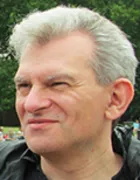
Jon Selig (London South Bank University)
Title: Screw Systems and Their Classification
In this talk will the concept of a screw system will be reviewed. Several applications will be considered. Then the mathematical no- tion of a classification will be outlined. The Gibson-Hunt classifica- tion will be recalled with some sketch proofs given. Finally, some particular special types of screw system will be considered such as subalgebras and Lie triple systems. A few applications of such special system will be given.
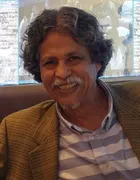
Eduardo Bayro Corrochano (CINVESTAV)
Title: Robot Modelling, Nonlinear Control and Trajectory Generation using the Geometric Algebra Framewor
We use Geometric Algebra (GA) to formulate screw theory along with screw line geometry (Plücker coordinates) and motor algebra (dual quaternions). We formulated the Lie groups SO(3) and SE(3) with rotor and motor algebra respectively and the related Lie algebras so(3)and se(3). The Lie Groups formulated with spinors, proof that there is no need to use matrices or tensors, which have redundant coefficients leading to complex formulations and slow algorithms. Newton-Euler dynamics is formulated using motor algebra.We use GA in robot mechanics, multi-body dynamics, mechanical design, robot control, and robot learning. We show the exploitation of geometric properties within Lie groups and Klein, Stiefel, Study and Riemannian manifolds has led to topological benefits, computational efficiency, and data-efficient learning. We will present GA algorithms in a variety of applications in medical robotics, robot vision, object manipulation and path planning geometric learning using Deep Learning, geometric controllers, deep learning for observes and control in the closed control loop.
Supported by
Contact
Dr. Luis Figueredo
luis.figueredo(at)tum.de
Note: For further information, please contact the organizers or the corresponding organizers
Organizers
Supported by
Contact
Dr. Luis Figueredo
luis.figueredo(at)tum.de
Note: For further information, please contact the organizers or the corresponding organizers

